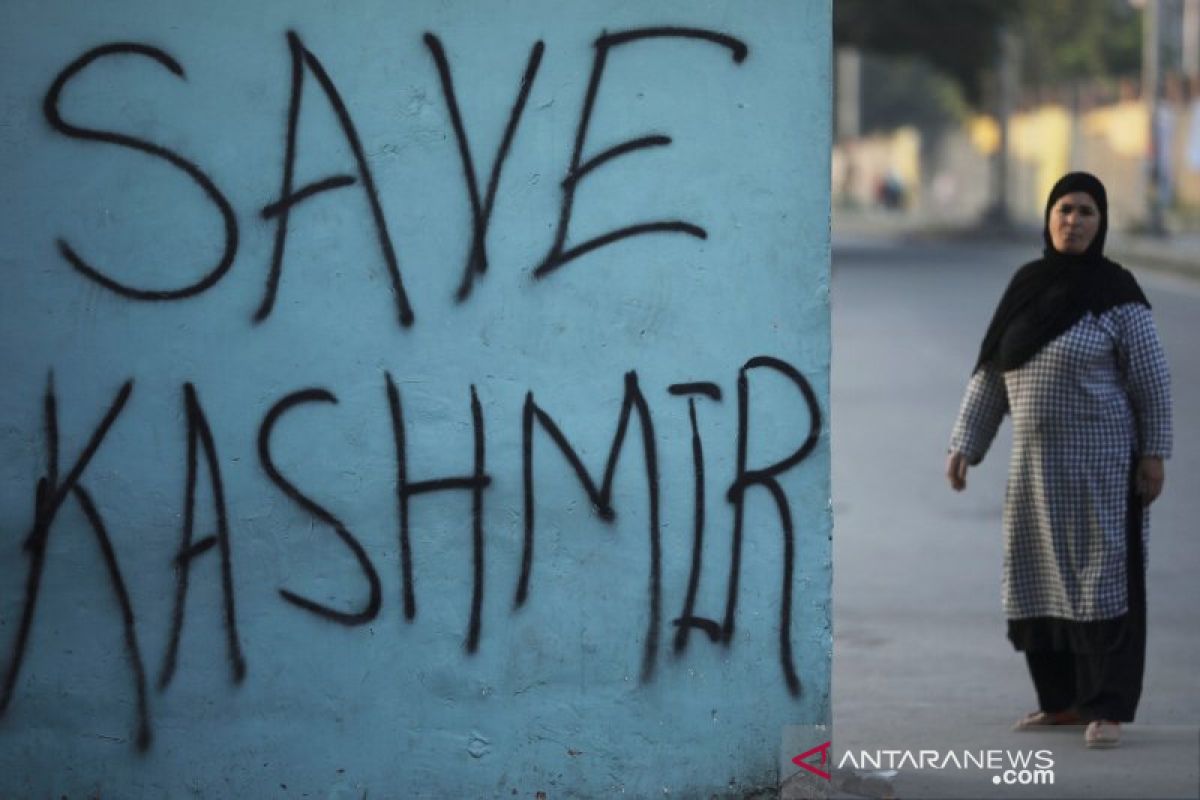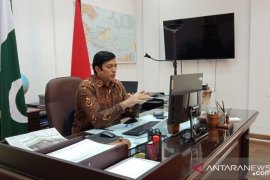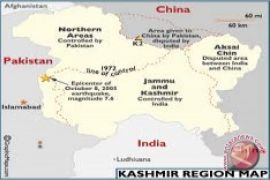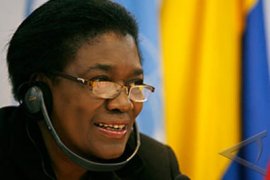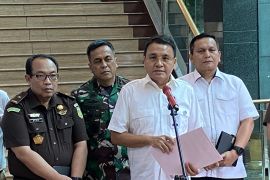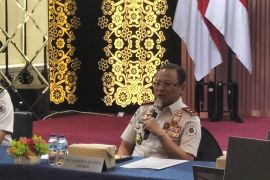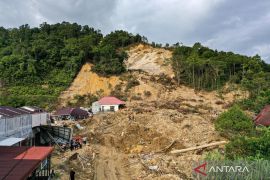In 2019, the government of India unilaterally and arbitrarily revoked the special status and autonomy of the state of Jammu and Kashmir, provided under the Indian Constitution, and divided the state into two centrally-administered union territories, the Asian Forum for Human Rights and Development (FORUM-ASIA) said in a statement received here on Friday.
Immediately after the revocation, the union government invoked curfews and placed several prominent human rights activists and political leaders under house arrest, it said. The government also imposed one of the longest Internet shutdowns in Jammu and Kashmir, restored after 18 months only after a long battle in the Supreme Court, it added.
"The government of India should restore the special status under Article 370 of the Indian Constitution immediately and adopt remedial measures to ensure fundamental freedoms and the restoration of human rights, civil liberties, peace and security in Jammu and Kashmir. The government of India should also prioritize a long-term political solution in consultation with all stakeholders in conformity with international human rights norms and the Indian Constitution," executive director of FORUM-ASIA, Shamini Darshni Kaliemuthu, said in the statement.
Since the abrogation of the special status, the erstwhile state of Jammu and Kashmir has witnessed an increased crackdown on human rights defenders, including journalists, she claimed.
Shamini said judicial harassment, raids, intimidations and threats were faced by human rights defenders who continued to document and highlight human rights violations by police and security forces.
Since 2019, over 2,300 people have been charged under the Unlawful Activities (Prevention) Act (UAPA) and 954 people under the Public Safety Act (PSA), she informed. Of them, 46 per cent of those booked under UAPA and about 30 per cent of those detained under the PSA are still reported to be imprisoned, she said.
Despite promises of prosperity from the Indian government, there has been no positive development in the conflict-ridden state of Jammu and Kashmir in the past two years, she said.
Related news: Seeking a solution for Kashmir to end the prolonged sorrow
Jammu and Kashmir continues to be one of the most militarized areas in the world, she added. The deployment of military and para-military forces has only increased after 5 August, 2019, when the Indian government enacted a law to divide the state into two union territories, thereby further threatening the fundamental freedoms of the people of Kashmir, she remarked.
"Severe and prolonged restrictions on communication, arbitrary mass detentions of political leaders, denial of freedom of expression and access to information, targeting and reprisals against human rights defenders, as well as enactment of new laws, including new Domicile Rules, have further deteriorated human rights in Jammu and Kashmir. We urge the government of India to take immediate steps to create an enabling environment for peaceful dialogue and the protection of human rights in Jammu and Kashmir," Shamini said.
The Domicile Rules, introduced last year, enabled non-Kashmiris to obtain permanent residency and jobs in the region, the rights group said.
FORUM-ASIA reiterates and emphasizes its call to the UN Human Rights Council to establish an independent international investigative mechanism into past and ongoing crimes under international law and human rights violations by all parties in Kashmir, as recommended by the UN High Commissioner for Human Rights in 2018, she said.
FORUM-ASIA further calls on the UN High Commissioner for Human Rights to continue to monitor and regularly report on the situation in Jammu and Kashmir, and also calls on the governments of India and Pakistan to provide unconditional access to the Office of the UN High Commissioner for Human Rights (OHCHR) and other human rights mechanisms to Jammu and Kashmir, she added.
Related news: The Aggravating state of human rights in Jammu and Kashmir
Related news: Retno pushes vaccine production diversification to developing nations
Reporter: Azis Kurmala
Editor: Fardah Assegaf
Copyright © ANTARA 2021
